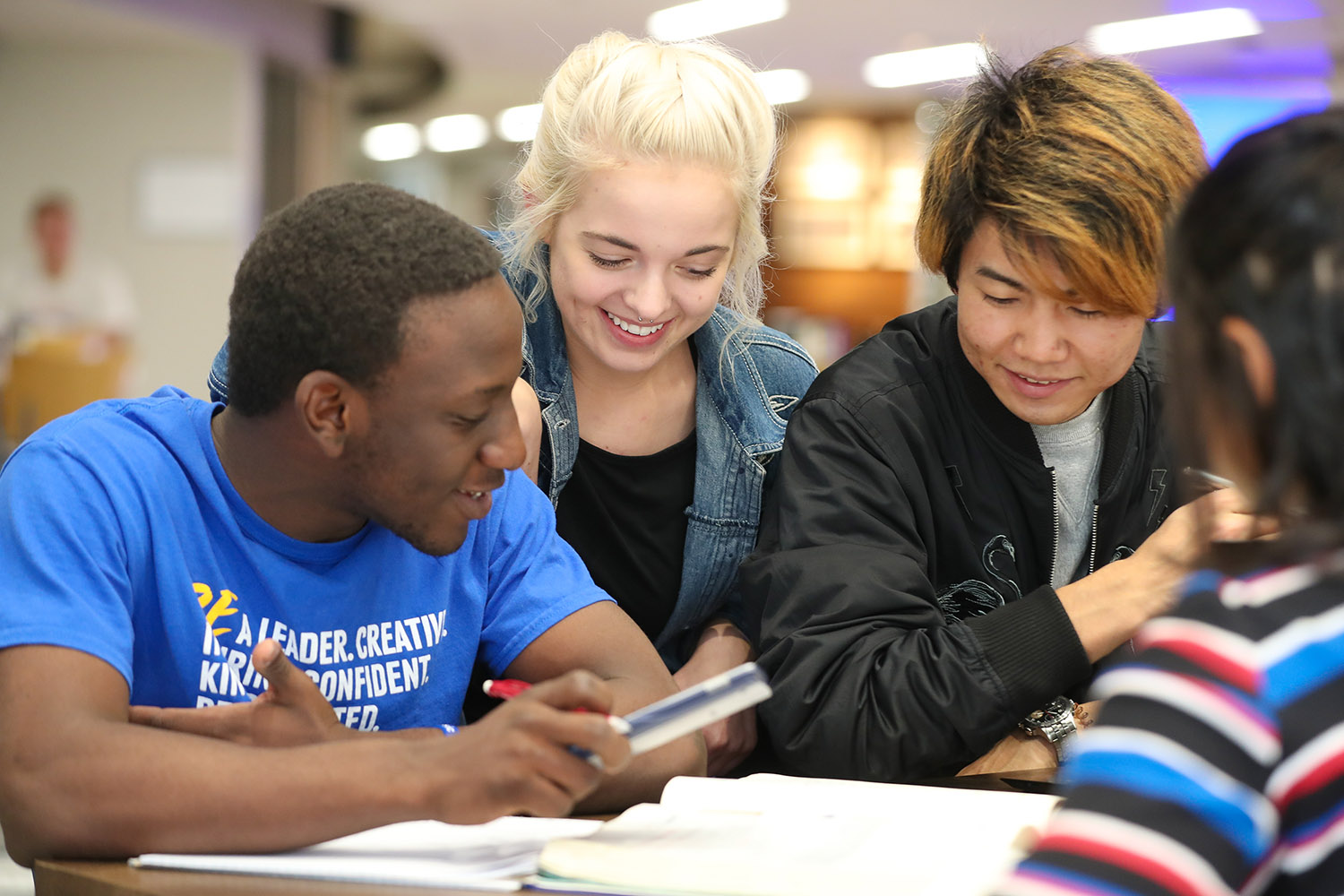
By TYLER ELLYSON
UNK Communications
KEARNEY – Change doesn’t happen overnight.
You can’t solve social injustice and inequality during a one-day seminar or training session. It takes long-term commitment to create a truly inclusive environment that’s free of these issues.
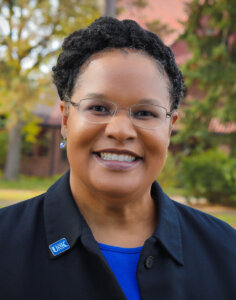
“If you’re going to be competent – not culturally competent, but competent – you must continue to educate yourself and educate others,” said Toni Hill, an associate professor in the University of Nebraska at Kearney’s Department of Family Studies and director of the early childhood and family advocacy program.
“It’s an ever-evolving process that we need to continue to invest in,” Hill added. “And it’s worth the investment, because the dividends are great.”
Hill is one of 16 faculty members from UNK’s College of Education who came together last semester to form a new committee that places a continuous focus on diversity and social justice.
Inspired by recent social justice movements and initiated by College of Education Dean Mark Reid, the Diversity, Equity, Inclusion and Social Justice Committee was created to enhance UNK’s larger efforts to diversify its student population and further promote an educational environment that provides equal opportunities for all individuals.
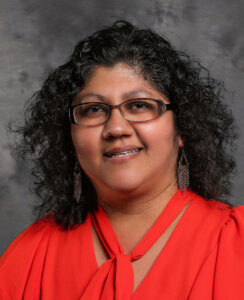
Reid asked Drew Kemp and Chandra Diaz to organize the group, which includes faculty members from every academic department within the College of Education, as well as one student, Asianna Harris, a graduate assistant in the department of counseling and school psychology who is pursuing a master’s degree in clinical mental health counseling.
Diaz, an associate dean and assistant professor in the department of teacher education, said the committee is answering a “national call to schools” to provide more education and learning opportunities that support vulnerable and oppressed populations, including those from religious and ethnic minority backgrounds and the LGBTQIA2S+ and disability communities.
“Things need to change,” Diaz said. “We have work to do.”
The Diversity, Equity, Inclusion and Social Justice Committee focuses on three overarching areas – professional development/events, curriculum and research – while maintaining a unified goal.
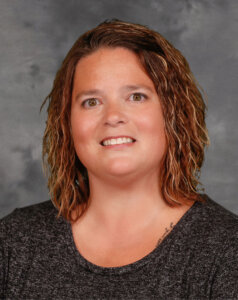
“It’s all about learning and educating yourself,” said Hill, who is leading the committee’s research group until Philip Lai takes over later this semester. “UNK is the right place, at the right time, to be addressing these issues.”
Rebecca Nelson, an assistant professor in the department of teacher education, agrees.
“We have students from across the country and around the globe coming together here. We’re kind of a melding of opportunities and a melding of cultures, ideas and beliefs, so it’s really important to understand what’s happening in the world because that affects every person who comes to this campus, whether you’re a student or employee,” she said.
Nelson leads the committee’s curriculum team, which is working with faculty who want to incorporate diversity into their classrooms and courses. The curriculum and research teams will collaborate with each other, as well as faculty from academic departments outside the College of Education, to shine a light on diversity and social justice issues.
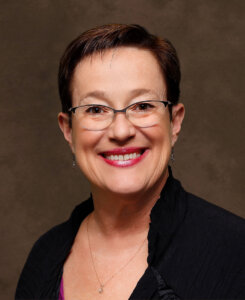
On the professional development side, the committee recently hosted a webinar featuring Ebony McGee, an associate professor of education, diversity and STEM education in Vanderbilt University’s Peabody College. McGee’s presentation, “Racism, Black Students and the Emerging Mental Health Crisis,” addressed the racialized experiences and racial stereotypes that adversely affect the education and career trajectories of Black students, as well as the related physical and mental wellness issues. She also shared ways colleges and universities can better support these students.
“There were a lot of really difficult things to hear, but it needs to be heard and it needs to be discussed and processed,” Nelson said of the presentation, which was viewed by more than 150 people. “Once you start having these conversations, they become more natural and we’re able to continue asking those difficult questions and hearing the difficult answers.”
The committee is planning two more events this semester – one on Brown v. Board of Education, the U.S. Supreme Court case that outlawed racial segregation in public schools, and another presentation from Tri-Faith Initiative, a one-of-a-kind interfaith project in Omaha that bridges divides and cultivates trust and understanding by bringing Christian, Jewish and Muslim congregations together.
Jan Moore, who leads the professional development/events team, wants UNK to be a place where students and employees from minority backgrounds can succeed and be comfortable. Hosting campus events that highlight diversity and inclusion is one way for people to learn more about each other.
“For our students, exposure is the first step to understanding other people’s points of view,” said Moore, a professor in the department of communication disorders. “We have many students on this campus who didn’t have anyone of any other cultural or racial background in their high school.”
Moore also sees an opportunity to extend these educational events beyond campus by including Kearney and surrounding communities, similar to the annual International Food Festival.
“The long-term goal is to have a celebration of diversity that becomes part of the culture on this campus,” she said.
Participation in the committee’s diversity initiatives is voluntary, but members say the response from both faculty and students has been positive.
“I definitely think there’s interest in what we’re doing, and we are confident that it’s needed,” Hill said.
They’re also fully committed to the cause.
“These are all people who genuinely want to see change and are doing this out of love,” Diaz said. “This is a labor of love.”
